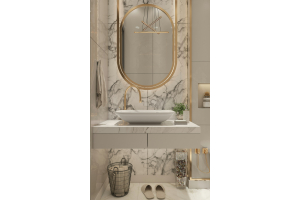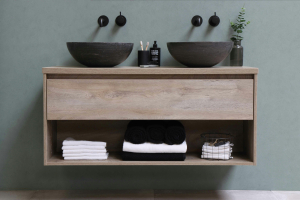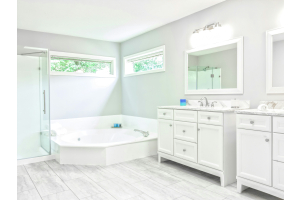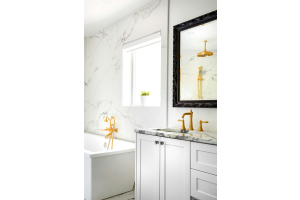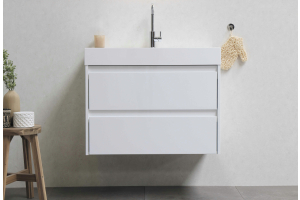By 2023, the glass door market is expected to grow by more than 6% as more and more people switch to glass doors for their homes and offices. These doors are an easy and aesthetic solution to a lot of problems.
With glass doors, you get plentiful sunlight and save on energy costs as natural light keeps the interiors warm during the day. Transparent glass doors make limited spaces appear roomier and are super easy to maintain. Additionally, you don’t have to worry about your conversations escaping the room as most glass types are very soundproof.
Because of this, there are many fantastic types of interior glass doors. Here are some of our favorites:
1. Laminated Glass
Laminated glass stands next to tempered glass in terms of toughness. It features two sheets of glass with a layer of resin in between. The resin adds to the sturdiness of the glass and gives it a denser build that makes laminated glass incredibly soundproof, which is why many of our interior glass doors use it.
2. Insulated Glass
As the name suggests, the main purpose of this glass type is to offer insulation. It comprises two glass panels with gas or vacuum in between them. This reduces the heat transfer speed, so your place remains cool in the summer and warm in the winter.
You will find that this feature has a positive impact on your energy bills, too. On average, insulated glass doors can help lower bills by 20% to 30%! Moreover, the insulated panels increase noise control–the sounds are unable to travel through the door, making insulated glass excellent at being soundproof.
3. Frosted Glass
The biggest benefit of frosted glass doors is privacy. This glass type is translucent with a typical gray exterior; however, you can also find it in other colors.
Because it's translucent, this glass lets light pass through without letting anyone see what's going on inside. This makes it a great option for offices, bedrooms, and even bathrooms.
That said, not every frosted glass is worth buying. There are two main types of frosted glass–acid-etched and sandblasted. Both of these are named after the processes used to create the frosted effect.
The sandblasted frosted glass has a greater translucency than the acid-etched one, but it's also rougher and more expensive, meaning you’ll have a harder time getting its surface clean and shiny. On the other hand, acid-etched frosted glass is comparatively smoother. It doesn't let handprints and marks stay easily, and it costs less than the alternative.
3. Polycarbonate Glass
Strong, versatile, and colorful, polycarbonate glass is one of the best choices for doors. The material has a hard coating on the outside, which makes it durable and impact-resistant–this means you can expect it to withstand the typical rough usage of an interior door.
Some polycarbonate glass sheets also have a UV protection shield so that when light passes through them, all the harmful ultraviolet rays are filtered out. What's more, this type of glass is flexible, lightweight, and easy to mold; you can add it to a door in a variety of styles.
5. Tempered Glass
Tempered or toughened glass is four times sturdier than ordinary glass, making it one of the most popular glass types for shower doors, aquariums, fireplace glass tops, and casings; you can even use it for staircase decor.
Note that while this tough glass can support weight, it cannot handle the pressure of a bullet, and many people mistake tempered glass for bulletproof glass. With that said, tempered glass is scratch and heat-resistant.
So, Which Type Is Best?
Well, the answer depends on your needs. You can select the right type of glass for a door based on the requirements you have in mind, such as privacy, insulation, soundproofing, safety, and budget. All these glass types have their unique benefits; it’s just a matter of considering each one and deciding which one fits your needs the best.
Looking for tips on adding glass to interior doors? We’ve got you covered–take a look at our latest article.

